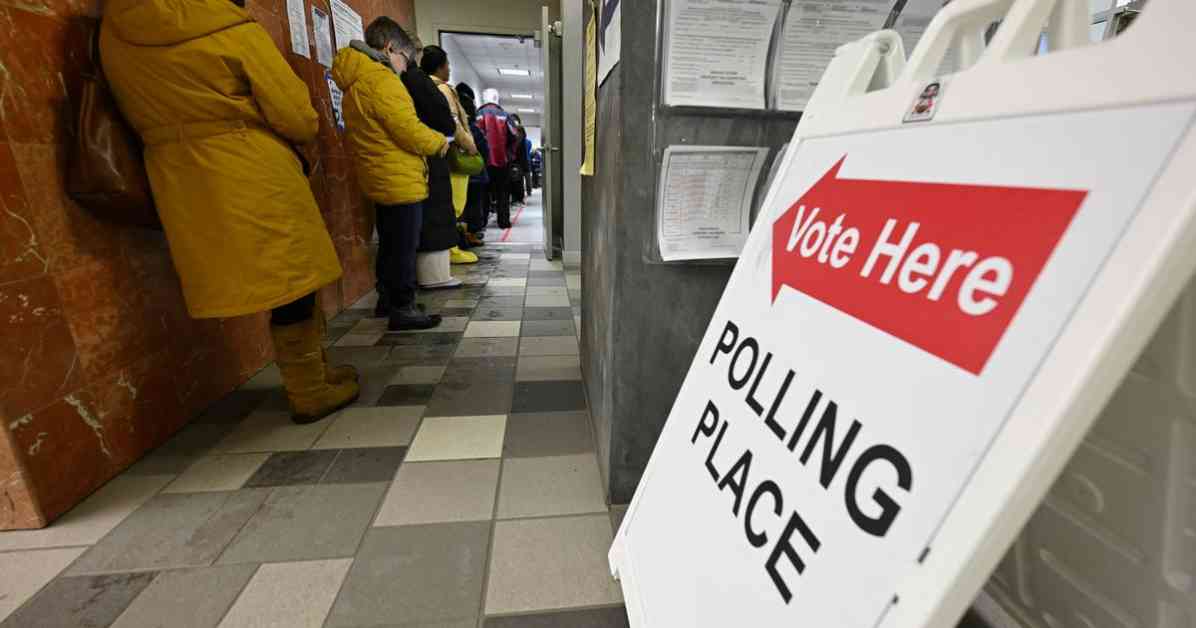Voters in Alaska are facing a decision on a new ballot measure that aims to make significant changes to the state’s minimum wage and sick leave policies, as well as employer practices related to unionization. The measure, known as Ballot Measure 1, proposes to raise the minimum wage in Alaska to $13 per hour in 2025, $14 per hour in 2026, and $15 per hour in 2027, with subsequent increases tied to inflation. Additionally, most workers would be guaranteed at least 40 hours of paid leave per year, with larger employers required to provide 56 hours. This leave could also be used to care for sick relatives. The measure also seeks to prevent employers from punishing workers for refusing to participate in political or religious meetings that may discourage unionization efforts.
This initiative has gained support from a wide coalition of Alaska labor leaders and small businesses, who argue that it will benefit workers and the economy by increasing productivity and reducing turnover. However, opponents, including the Alaska Chamber and some Republican lawmakers, have raised concerns about potential legal challenges and increased costs for small businesses as a result of the mandatory sick leave policy.
The campaign in support of Ballot Measure 1 has received significant funding from the Fairness Project, a Washington, D.C.-based organization that has previously worked on similar initiatives in other states. The opposition, led by the Alaska Chamber, has raised $95,000 to fight against the measure, with concerns about its potential impact on businesses.
While guaranteed sick leave is already offered in many states across the country, and several states have higher minimum wages than Alaska, the passage of Ballot Measure 1 would mark a significant shift in the state’s labor policies. As states increasingly turn to ballot initiatives to address minimum wage issues in the absence of federal action, the outcome of this measure in Alaska could have far-reaching implications for workers and businesses in the state.


